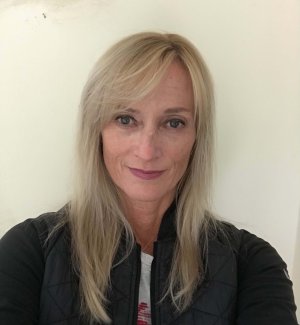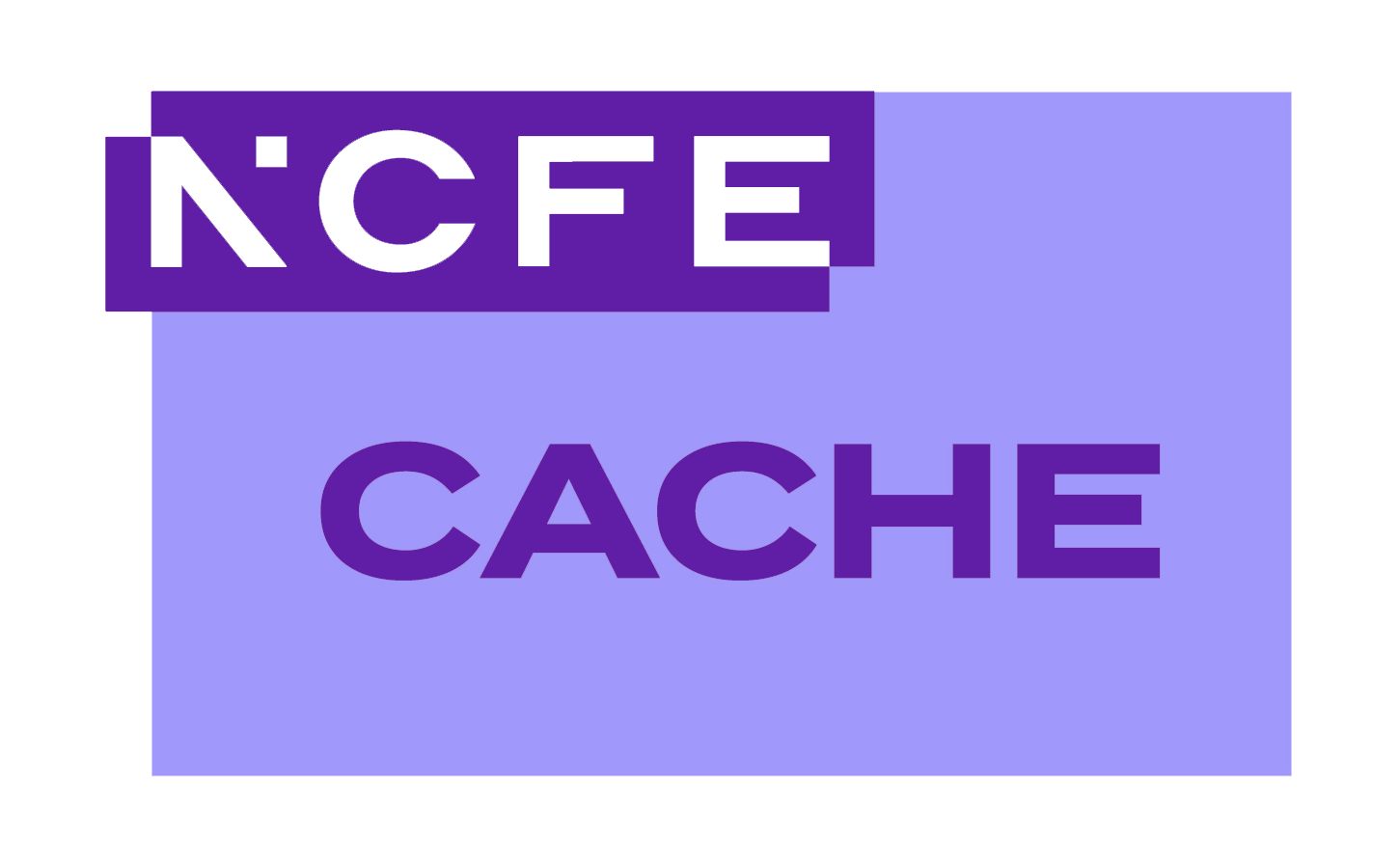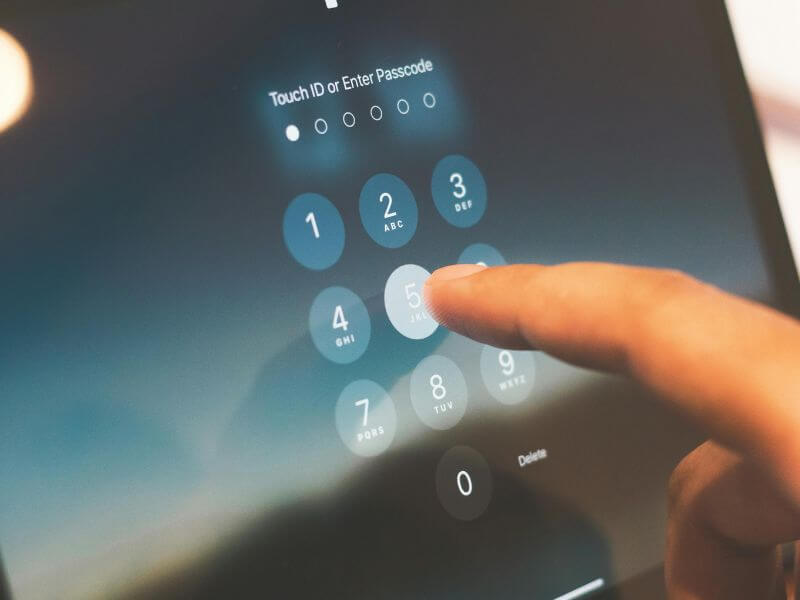Kids and Anxiety: Growing Challenges in the Classroom
Sally, a teaching assistant at a junior school, began considering a shift in her career when she realised how much her students were struggling with anxiety and other mental health issues. “These days, kids seem to be coming through with a lot more problems and anxiety than they ever used to in the past,” she shared. “I found myself kind of naturally negotiating and navigating these issues with the kids.” As she continued to work through these symptoms with the children, she found she had a knack for it. She could also feel a rift starting to form within the school system, and she wondered whether upskilling could help her career.
The Changing Landscape of Education and Seeking Further Qualifications
As in many fields, education is having to adapt to keep up with the strains of modern life. As mental health becomes a more prevalent issue, school staff are beginning to have to consider its impact on students. “I wanted to add another string to my bow because school is changing a lot,” Sally said. “I thought I needed to do something else and have another qualification behind me. So I did level three and thought that it wasn’t enough. So I went onto level four.”
Level 3 and Beyond: Taking her Skills to the Next Level
Advanced Counsellor and Psychotherapist Level 4 is a comprehensive course designed for learners to be able to explore different approaches to counselling and psychotherapy. Alongside broadening their skillset as counsellors and psychotherapists, students are taught the skills they need to open their own practice. Sally started the course and found her experience with Association of Learning to be different from other online courses she’d done before. “I originally took an online course to qualify as a TA through another company. With Association of Learning, it felt as though there was more to it,” shared Sally. “It was definitely more involved and challenging.”
Triumphs and Tribulations of Online Learning
Despite having studied online before, Sally didn’t find it easy. “I got knocked back so many times to begin with, only because I’m not competitive,” she admitted. “I’m not great with computers or modern technology, and it was a referencing issue.” Referencing is a common issue we find many students struggle with, as it can be complicated, but it’s a necessary part of the academic process. Sally soon got the hang of it after receiving support from her tutor, Lee. “I could absolutely knock out every essay or text, but when it came to referencing, I just couldn’t get a grip on how to do it!” Sally explained. “It was a challenge, but I’m not the sort of person who gives up easily. I would sit there with my fingers crossed that Lee wouldn’t send it back again! It was a learning process for me; Lee kept giving me the instructions on what to do, and I kept going back and doing it. It was just something I had to work out.” Soon she had the hang of it, telling us: “There were a few tweaks needed here and there, which was to be expected, but once I understood referencing and got it nailed, it was fine. The whole thing was fine from then on in.”
Balancing Work, Life, and Study
Like many of our students, Sally was working before she enrolled on a course. She also had two children at home and a routine to uphold. Luckily, working part time gave her an edge in her studies. “I work part time with a lot more manageable hours,” shared Sally. “I do tutoring outside of work as well, but I was dedicating my Mondays and Tuesdays to the course.” As she continued to work through the units, she developed a study schedule that allowed her to get everything done that she needed to. “When I’m at home, I get all of the housework done. I like to go running, so I would start the morning by reading some of the questions and doing some research, and then go out for a run to digest the information, plan a strategy, and see where I’m going to go with it,” Sally said. “Then I would make myself sit for a couple of hours, turn off everything else around me, and get my head down. It worked quite well, and I worked my way through it quite nicely.” However, when her kids went on school break, Sally would have to shift her routine and her priorities. Thankfully, distance learning afforded her the flexibility to change her routine however she needed. “When I had school holidays with the kids again, that would change things,” Sally explained. “My children are a little bit older, and are more self-sufficient. So I was able to shut myself away, and sometimes I’d get a whole module done in a week!” She gushed. “But then I had to sort out holidays, and life would get busy. I’d manage to pick it up for another four weeks and make good progress, and then it would slow right down again just because other stuff was happening at home.” Sally still managed to finish her course in under a year, a brilliant achievement.
Opening Doors to a New Career Path
Now that Sally has completed her diploma, she can’t wait to jump into the world of counselling and start helping people work through their mental health issues. “I have a friend who is a private doctor, and I mentioned to him about a year ago that I was doing this,” she told us. “He said to me, “Oh, as soon as you qualify, I’ll be able to give you some referrals.” So that’s my first port of call when I get around to it!”
Encouraging Others
When asked if she would recommend the Advanced Counsellor and Psychotherapist Diploma Level 4, Sally said, “I absolutely would. I have spoken about it with a couple of my work colleagues who are in similar situations. Job security is not quite the same; the job isn’t the same. When you’ve been doing the same thing for a number of years, sometimes you think, “Is it time for a change?” I recommend people look at all the different courses that are available.”












 0333 344 2126
0333 344 2126